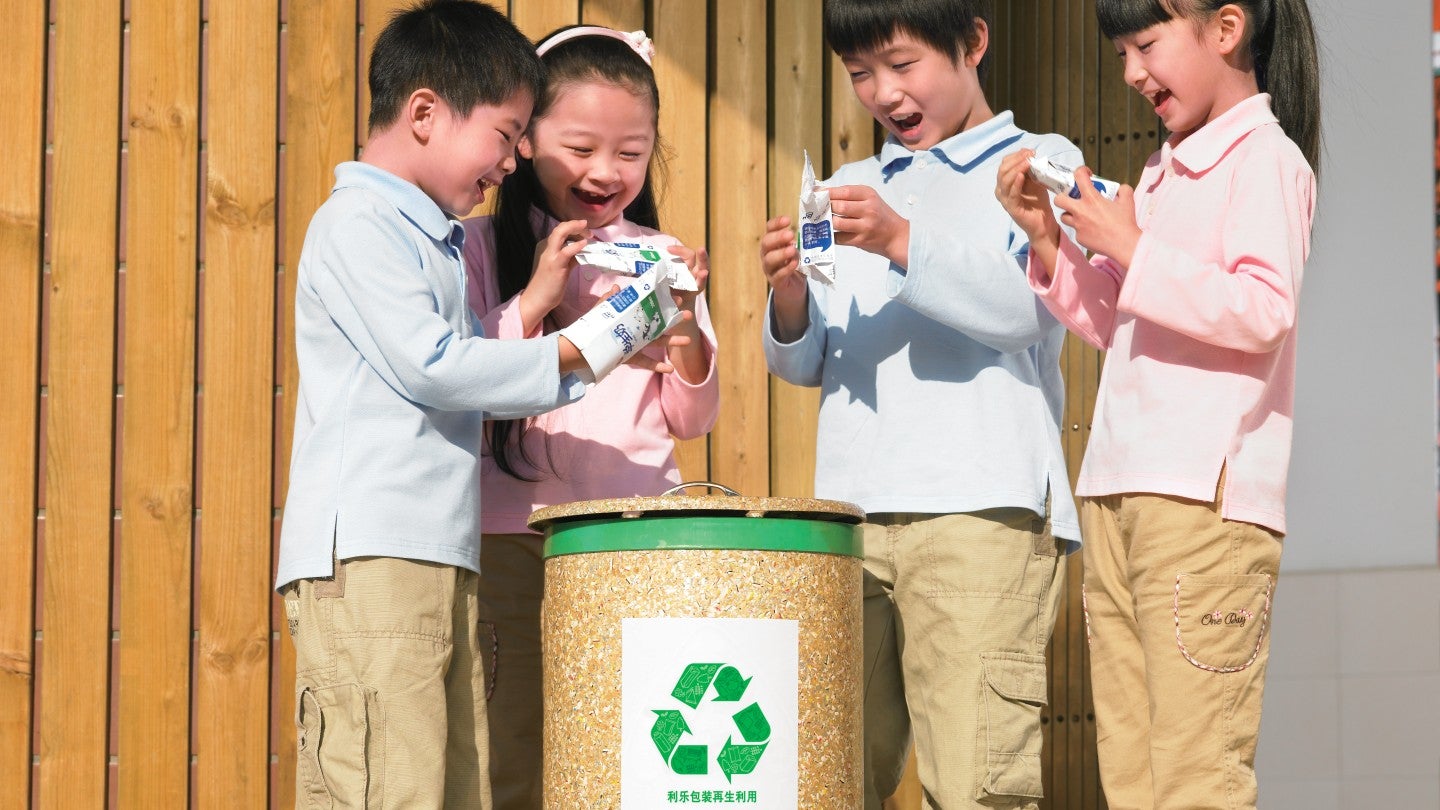
Food processing and packaging company Tetra Pak has released its Sustainability Report for 2022, detailing its progress across various aspects of sustainability.
This is the 24th edition of Tetra Pak’s Sustainability Report.
The report highlights the company’s achievements across various sectors in the previous year as well its ongoing efforts regarding the climate, recycling, food systems and in other areas.
In 2022, the company tested a new, industry-first fibre-based barrier designed to replace the thin aluminium foil layer typically used in aseptic carton packaging.
This was a major milestone towards the company’s strategy to make its aseptic package fully renewable.
The company also invested approximately €30m ($32.23m) in beverage cartons collection and recycling projects across the globe.
Through this investment, the company mainly focused on achieving its targets for paper-based carton packages’ collection and recycling.
As part of its future strategy, Tetra Pak is now planning to invest up to €40m annually to contribute to the collection and recycling of food and beverage paper-based carton packages.
Tetra Pak CEO and president Adolfo Orive said: “The current operating environment has emphasised the need for integrated, systemic solutions.
“This is the only way we can meet the scale and speed of change required to strengthen food access while reducing the environmental impact, in a way that leaves no one behind.
“This is why we have taken a holistic approach across five interconnected and interdependent areas where we can contribute the most – food systems, circularity, climate, nature and social sustainability.”
The company said it reduced approximately 39% of its operational greenhouse gas emissions by utilising 84% of its energy from renewable sources. This further marks a significant step towards Tetra Pak’s ambition to achieve net zero within its own operations by 2030.
The company also saved 131 kilotons of carbon dioxide by selling 8.8 billion plant-based packages and 11.9 billion plant-based caps.



